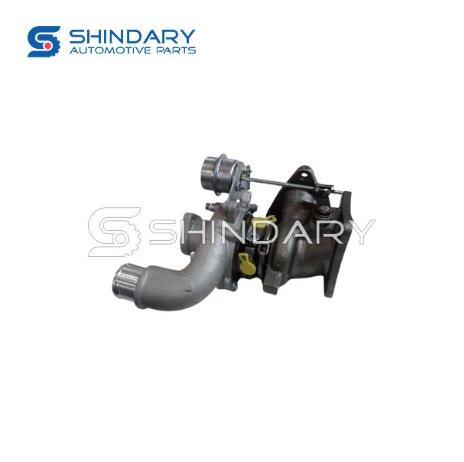Importance of Engine Management Systems in Vehicles
In the ever-evolving landscape of automotive technology, engine management systems (EMS) stand as a cornerstone of innovation, efficiency, and performance. These intricate electronic systems play a vital role in optimizing engine operation, enhancing fuel efficiency, reducing emissions, and delivering a seamless driving experience. In this article, we delve into the significance of engine management systems in vehicles, exploring how they harness advanced technology to shape the modern driving landscape.
The Evolution of Engine Management Systems
Gone are the days of mechanical carburetors and manual adjustments. Engine management systems have revolutionized the way vehicles operate by integrating cutting-edge electronics, sensors, and software. EMS has evolved from basic electronic control units (ECUs) to sophisticated microprocessors that constantly monitor, analyze, and adjust engine parameters in real-time.
Precise Fuel Injection and Combustion Control
One of the primary functions of an engine management system is to precisely regulate fuel injection and combustion processes. Sensors monitor factors like engine temperature, air pressure, and throttle position, enabling the EMS to calculate the optimal amount of fuel required for efficient combustion. This precision results in improved fuel efficiency, reduced emissions, and better power delivery, contributing to a greener and more responsive driving experience.

Emission Control and Compliance
In an era of environmental consciousness, auto engine systems play a crucial role in minimizing harmful emissions. EMS continuously monitors exhaust gases and adjusts engine performance to adhere to stringent emissions standards. By fine-tuning combustion processes and optimizing after-treatment systems, EMS helps vehicles meet regulatory requirements and contribute to cleaner air quality.
Adaptive Performance Optimization
Modern engine management systems are equipped with adaptive learning capabilities. As a vehicle is driven, the EMS continuously gathers data and adjusts engine parameters to optimize performance based on real-world conditions. This adaptability ensures consistent and efficient operation across various driving scenarios, whether it's city commuting or highway cruising.
Featured content:Coil springs for buses: How to choose the best quality at the purchase stage?
Electric Bikes Vs Mopeds » Optibike High Performance E-Bikes
Exploring the Versatility and Functionality of Clutches
9 Factors in Choosing an Oil Seal
Steps to Cleaning An Electric Scooter
Understanding the Role of Brake Discs in Vehicle Performance
Ceramic Brake Pad: Enhancing Performance and Safety
Enhanced Diagnostics and Maintenance
Engine management systems go beyond performance optimization; they also offer advanced diagnostics and maintenance insights. When a malfunction occurs, EMS generates error codes that mechanics can read using diagnostic tools. This allows for accurate and swift troubleshooting, reducing downtime and maintenance costs. Moreover, EMS can detect issues early on, preventing potential breakdowns and ensuring the longevity of the vehicle.
Electronic Stability and Safety
Modern engine management systems are closely integrated with a vehicle's safety systems. EMS collaborates with anti-lock braking systems (ABS), traction control, and electronic stability programs to enhance driver control and prevent accidents. By adjusting engine output and brake force, EMS helps stabilize the vehicle during skids or sudden maneuvers, enhancing overall safety.
Customization and Performance Tuning
Engine management systems also cater to enthusiasts and performance-oriented drivers. EMS provides a platform for engine customization and performance tuning, allowing drivers to modify parameters such as ignition timing, fuel delivery, and turbocharger boost levels. This enables drivers to personalize their driving experience and unlock additional horsepower and torque when desired.
Conclusion
In the realm of modern vehicles, engine management systems are the digital brains behind the mechanical brawn. These intricate electronic networks optimize fuel efficiency, reduce emissions, enhance safety, and deliver an engaging driving experience. As automotive technology continues to advance, engine management systems will undoubtedly play a pivotal role in shaping the future of transportation, driving us toward greater efficiency, sustainability, and performance on the road.
Can You Drive with a Bad Timing Belt Tensioner?
Some Ways for Manufacturers to Reduce the Leakage of Rubber Seals
The Role of Springs in Suspension Systems
Choosing the Right Electric Recreational Vehicle for Your Adventure
What tools does an automotive mechanic use?
Exploring the Great Outdoors: The Advantages of Outdoor Camping Car Rooftop Tents
Top 5 Reasons Why Electric Motorcycles Beat Gas Motorcycles











